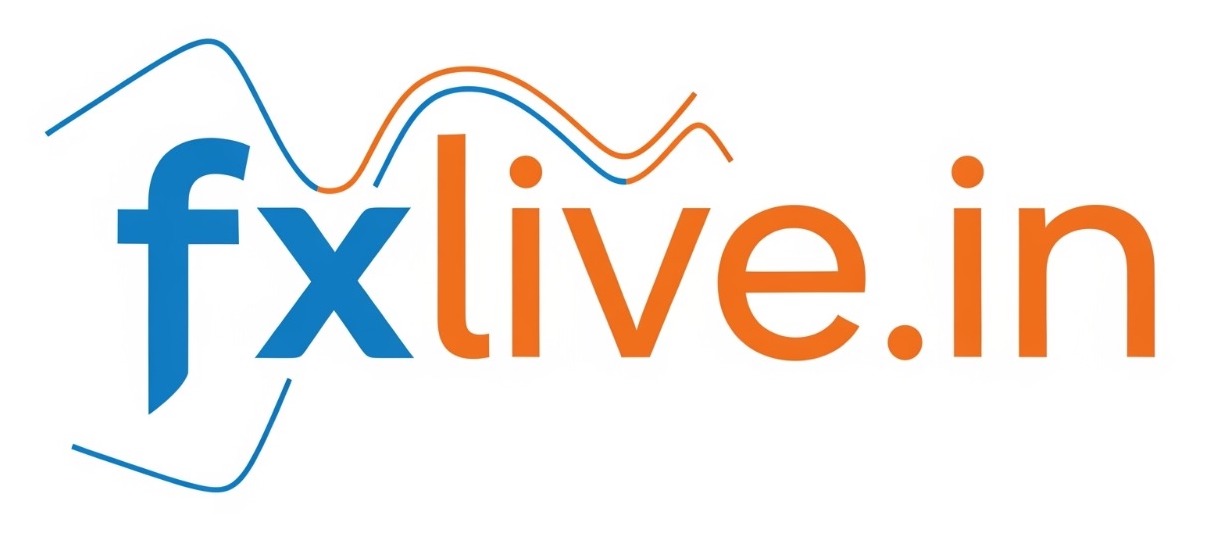The Financial Action Task Force (FATF), the global watchdog for combating money laundering and terror financing, has indeed lauded India’s asset recovery system in its recent publication, “Asset Recovery Guidance and Best Practices.”
The report singles out India’s framework as a model for effective asset recovery, citing the Enforcement Directorate (ED) for its exemplary work and efficiency.
Here are the full details of the FATF’s praise and the aspects of India’s system that were highlighted:
🏆 India’s Asset Recovery System: Key Praise Points
The FATF guidance, released following a significant global reform of standards on confiscation and international cooperation, heavily features Indian case studies to demonstrate global best practices.3
1. ED Hailed as a ‘Model Agency’
- The report specifically described the Enforcement Directorate (ED) as a “model agency” for its effective asset recovery and international coordination.4
- It acknowledged the ED’s approach as reflecting a “mature, well-resourced, and technology-driven approach” to financial investigations.5
2. Robust Legal Frameworks
The FATF recognized the strength of India’s key legislation in tackling financial crime:6
- Prevention of Money Laundering Act (PMLA), 2002: Praised for its robust provisions that allow for the swift freezing, provisional attachment, and confiscation of criminal proceeds even while criminal trials are ongoing (non-conviction-based confiscation).7
- Fugitive Economic Offenders Act (FEOA), 2018: Cited as an example of the “doctrine of fugitive disentitlement,” which enables the confiscation of assets belonging to economic offenders who evade judicial processes by fleeing the country.8
3. Victim-Centric Restitution
A significant focus of the praise was India’s ability to ensure that recovered assets are returned to victims and used for public benefit.9
| Case Study Cited | Recovered Assets & Impact | FATF Highlight |
| Agri Gold Ponzi Scheme | Assets worth approx. ₹6,000 crore recovered. | Model for domestic inter-agency coordination (ED with State CID) leading to restitution for victims of investment fraud. |
| Rose Valley Chit Fund Scam | Assets worth ₹538 crore released to reimburse over 75,000 investors. | Exemplary focus on victim compensation via a court-monitored claims portal, bypassing legal costs for victims. |
| Maharashtra Cooperative Bank | Benami properties worth ₹280 crore restored for victim compensation. | Demonstrated the ability to repurpose confiscated land for public infrastructure (like an airport site) for the benefit of society. |
4. Modern Enforcement and Global Cooperation
- Cryptocurrency Seizure: The guidance cited the BitConnect crypto Ponzi scheme where the ED swiftly seized and secured cryptocurrencies worth over ₹1,646 crore in a cold wallet, showcasing competence in handling digital assets.
- International Cooperation: The FATF highlighted a case related to drug money laundering (involving a US request) where the ED, acting on a mutual legal assistance treaty, successfully seized 268 Bitcoins and attached related properties, demonstrating effective cross-border collaboration.
- Value-Based Confiscation: India’s framework was commended for its ability to attach properties equivalent to the value of proceeds of crime transferred abroad, as seen in cases like the IREO group.
🌍 Contribution to Global Standards
India, represented by the Enforcement Directorate, actively participated in the FATF working groups that developed this new guidance. The inclusion of multiple Indian cases and references to the country’s legislative and operational practices underscores the credibility of India’s enforcement mechanisms and the value of its experience in shaping future global standards for asset recovery.

